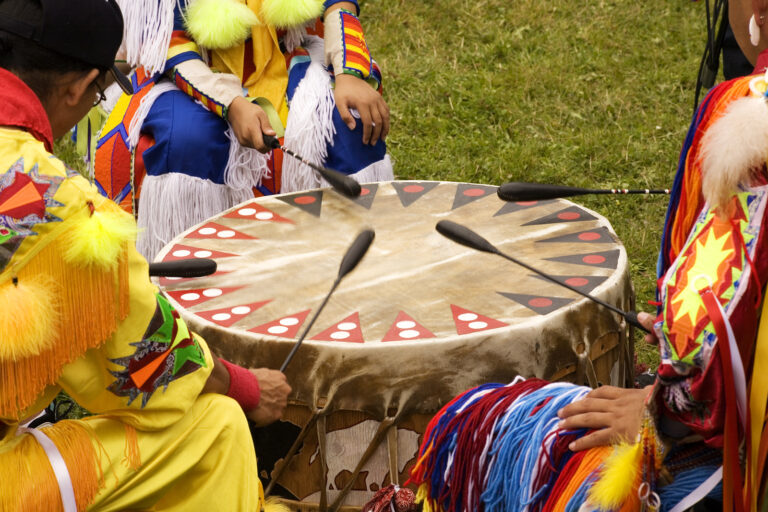Travel nurses: November is Native American Heritage Month
While November is a reminder that the holidays are on the way, it’s also Native American Heritage Month. According to the National Congress of American Indians, this month is also referred to as American Indian and Alaska Native Heritage Month. We thought this would be a great time to gain an understanding of the rich and diverse cultures, traditions and histories and celebrate Native Americans.
As a travel nurse, understanding various cultures that make up the U.S. is ideal to providing the best quality care in the most respectful way; many cultural beliefs have an influence on patient health care decisions.
What are common beliefs and values of Native Americans?
As a travel nurse, it’s important to understand the beliefs of Native Americans to integrate these values into your care delivery plan. This shows respect among various cultures. Some of the beliefs to keep in mind, according to HubPages Inc. include:
- Awareness of the unique differences among Native Americans.
- Silence is one of the most valued form of manners.
- All work should have an authentic purpose.
- Storytelling and observational learning are highly valued.
- Schedules are not necessarily prioritized; lack of structure doesn’t show disorganization – everything will fall into place as the universe plans.
- Practical mindedness is common.
- Religion is integrated into all socio cultural happenings.
- Spirituality is an important and natural way of living.
Additionally, some people of Native American culture believe that in order for the body to reach the next world after passing, it must be whole.
Keep these tips in mind while delivering care
Travel nurses should also be observant of particular verbal and physical actions, as well as family beliefs when working with a Native American patient:
- Eye contact: According to Nursing2018, eye contact may not be maintained. Native Americans tend to stare at the floor during conversations as a sign of respect. While it might seem as he or she isn’t engaged in the conversation, it’s actually a sign that the patient is paying close attention.
- Patience: Native Americans believe careful consideration is virtuous, which is why they tend to be good listeners. Long pauses and silence after an important care question shows he or she is silently deliberating.
- Family: According to HubPages, extended family is just as important as immediate. Keep this in mind while including individuals who are important to the patient during their care decision making.
- Verbal communication: Loudness is generally associated with aggressiveness. When greeting the patient, speak in a low tone and use short, considerate sentences to avoid overwhelming your client.
- Pain: A Native American patient may not express pain. You might continue to offer medication even if he or she is not responding to care in a painful manner.
During Native American Heritage Month, Jackson Nursing Professionals wants to take advantage of the opportunity to highlight cultural diversity in patient care and bring attention to the sensitivities that can not only build better nurses, but better humans.



